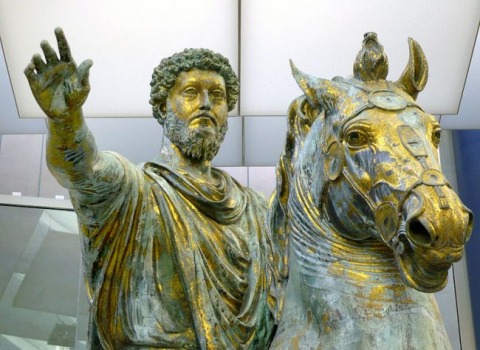
Pagan natural law theory is non-historical. Human nature cannot change, and its condition has not changed. We are what we are, and we are as we are, forever and ever.

Pagan natural law theory is non-historical. Human nature cannot change, and its condition has not changed. We are what we are, and we are as we are, forever and ever.

It was not in your power not to be born of Adam: it is in your power to believe in Christ.

If you are one of those who are as yet unclean, ... unfit for sacrifice, and of the gentile portion – then run with the Star, and bear your Gifts with the Magi: Gold, frankincense, and myrrh, as to a King, to God, and to One who is dead for you. With Shepherds glorify Him; with Angels join in chorus; with Archangels sing hymns.



A friend who teaches at another university tells me that recently he made his class read Ursula LeGuin’s novel science fiction novel The Lathe of Heaven. He writes,



To be liberal used to mean having the virtue of liberality, but liberals lost the spirit of liberality toward those who disagree with them a very long time ago. May they regain it.

Fanaticism isn’t about the strength of belief, but about its content. Someone who ardently believes that God forbids murder will not kill the innocent; someone who is deeply confident that He does not desire an unwilling obedience will not use a gun to convert.